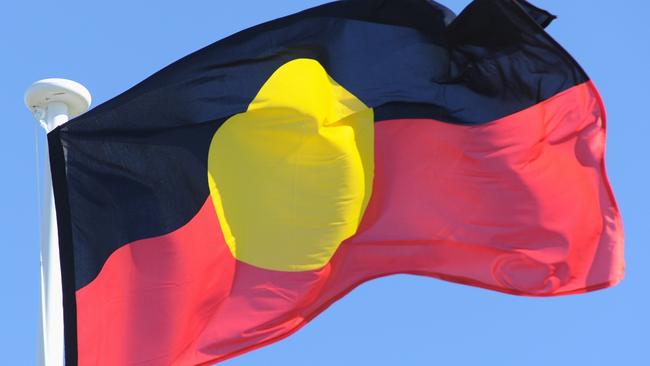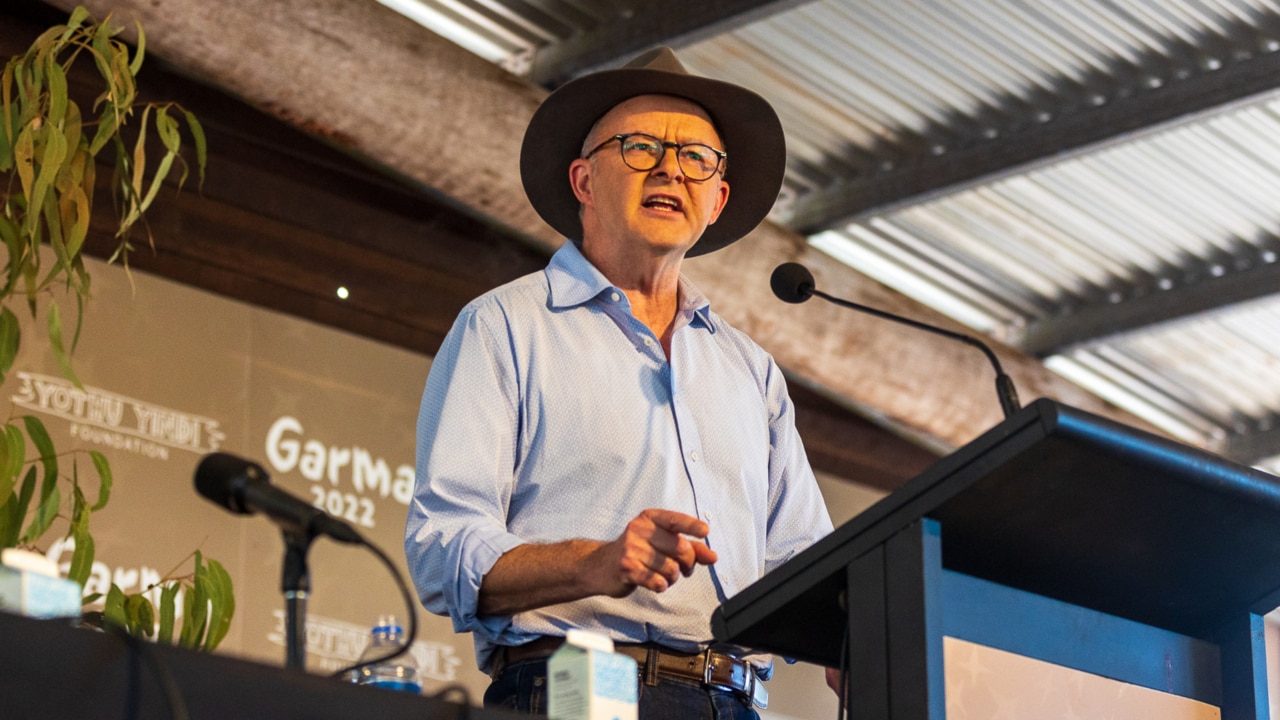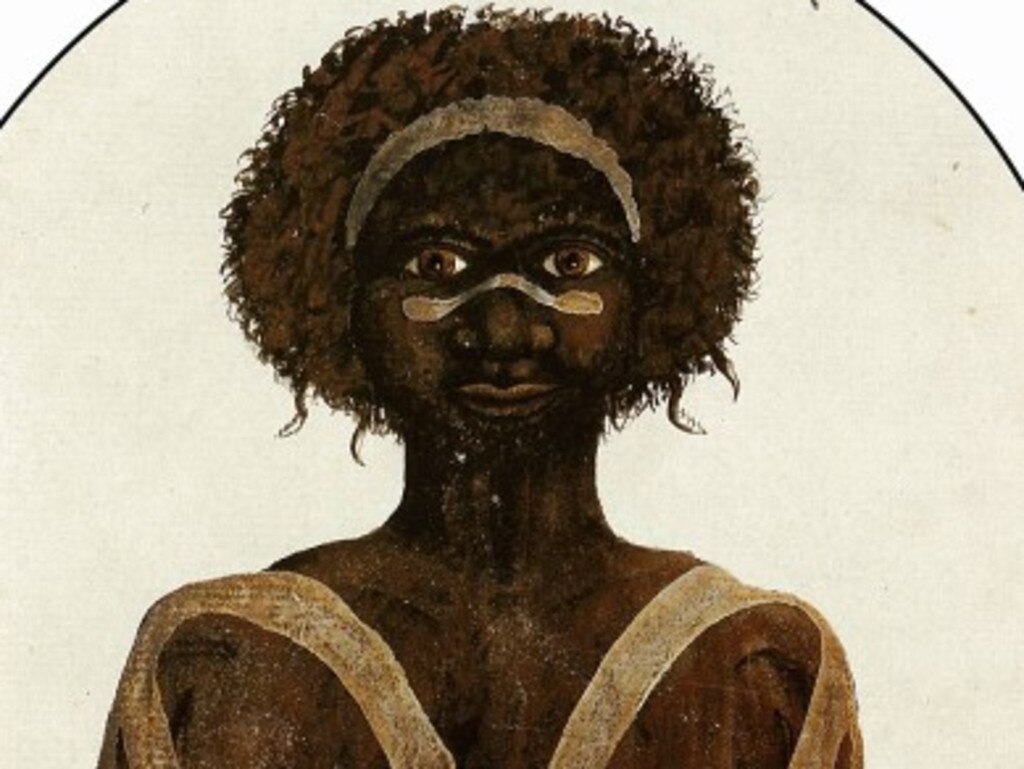No, PM, ‘power’ does not determine life’s journey

The cream of the working class, women, non-Anglo-Celts, Indigenous Australians and gay people, courtesy of the open and meritocratic society in which we live, have risen to take their place in society. They did so on merit.
Working-class men have been prime minister of this country since the early days of Federation. Two female chief justices of superior courts in this country started as legal secretaries. A late start in the law did not deter talent. A Jewish general led Australians into battle on the Western Front in World War I. The first Aboriginal person entered parliament in 1971 and the first Aboriginal governor was appointed in 1976. The first known gay male entered parliament in 1969, although this did not occur openly until the 1980s.
Non-European migrants became eligible for citizenship in 1957 and the White Australia policy ended in 1966. Anthony Albanese may be the first non-Anglo-Celtic Prime Minister but the first non-Anglo governor was appointed in 1977 and recent arrivals, for example from Vietnam, China and India, have begun their rise through the ranks.
There is no caste system from which people cannot escape. No law in Australia prevents anyone from achieving their potential. Upward mobility is possible for the best and brightest and, in that fortunate circumstance, everyone is lifted by their merit.

The reason the obsession with equality outlasts reality is that sometimes when a group sets out on a path to equality its leaders twist equality into requests for privilege. They build careers from false data about inequality when other explanations suffice. They mistake lags in achievement among the entire group for prejudice or systemic barriers. They are wrong. Time overcomes lags; by contrast, lack of talent, or personal preference, or culture, does not.
And some beliefs are the enemy of equality and merit, but egalitarians never call them out. Ethnic groups have vastly different customs and culture, and these may affect life outcomes.
There are people trapped in ancient and illiberal cultures that prevent girls and, in some cases, boys from achieving their best. Conservative Islamic cultures that insist on arranged marriages for daughters, something shared with ancient Aboriginal practices, will keep girls from achieving. Aborigines also indulge male initiation, the nature of which is to remove the child from school and, as an initiated man, he may never return. Sorcery is also apparent in remote Aboriginal society and takes its toll.
Did women achieve equality when the first woman graduated from university (1883), when all were eligible to vote (1903) or entered parliament (1943)? Or was it the equal pay decision (1969)? It takes time for talent to rise against the backdrop of the march to equality. The limits, child-bearing, life choices and culture, will inevitably result in differences, but the path to equality for women is unmistakeable. Merit is not the enemy of equality but equality can be the enemy of merit.

When did those of non-Anglo-Celtic origin achieve equality? When some European migrants were allowed to vote (1925) or when Australian citizenship was open to all (1949)? Recent migrants will take time to achieve their full potential, but it depends on their culture. If it is not a culture of learning, then they will lag forever or until their children escape the culture.
Not everyone can be equally successful. Much has been determined before a child enters a school ground. Genetics and culture are powerful determinants of success. Not everyone makes it to the top. Not everyone wants to. Yet egalitarians take every measure of group difference as a measure of ill will on the part of society. The Prime Minister, as egalitarian in chief, is dead wrong; “power” does not determine life’s journey in this country. We are in danger of losing the essence of meritocracy – that everyone, including the poor, benefits when the best people are free to get on.
Inequality abounds; the only wrong is when deliberate barriers are placed in the way of achievement. Those barriers do not exist in Australia. The only permanent barriers to success are ability, personality, willpower and the ability to form lasting relationships. Legacies remain but they are not permanent blockers and they can no longer cover for personal ability and determination. Merit must be honoured and encouraged.
Why whinge about a kid from a privileged background? The bright will marry the bright, the dull will marry the dull. Is there a sin in this? Talent will out. It runs in families. There are no rules against love, no institutions that forbid love and marriage among any groups, except the pressure of ancient custom.
There is no measure of disdain or lack of empathy for the poor in accepting their situation. Thank goodness for those who succeed, otherwise who would pay the taxes to fund this extraordinary welfare state in which we live?
Equality is a fool’s gold and second-rate leaders use group solidarity to capture that which brighter and better versions of their group win on merit. Few egalitarians are willing to call out the real inhibitions to merit and the real causes of inequality.
Gary Johns is the former Australian Charities and Not-for-profits commissioner.







This nation is obsessed with equality long after its achievement. Luck aside, remaining differences in individual life outcomes are due to merit. Remaining differences in group outcomes are due to culture, or a lag from earlier inequality, or choice. Why won’t egalitarians call these out?